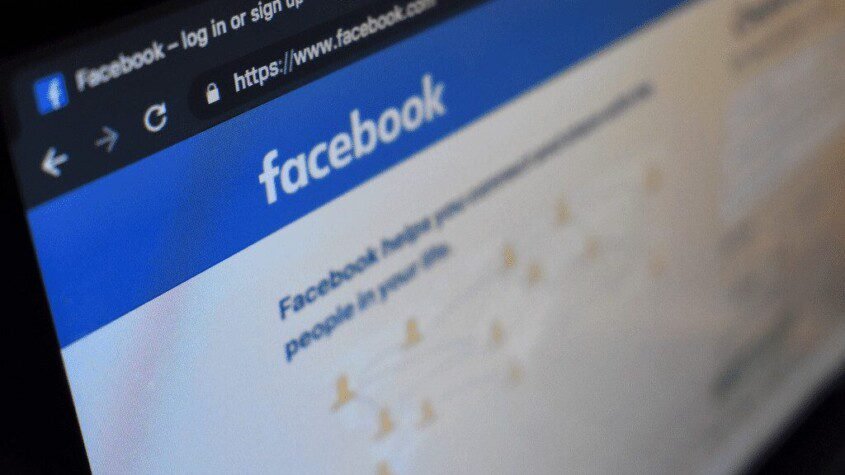
What Would Happen If Facebook Was Turned Off?
Imagine a world without the social network
There has never been such an agglomeration of humanity as Facebook. Some 2.3bn people, 30% of the world’s population, engage with the network each month. Economists reckon it may yield trillions of dollars’ worth of value for its users. But Facebook is also blamed for all sorts of social horrors: from addiction and bullying to the erosion of fact-based political discourse and the enabling of genocide. New research — and there is more all the time — suggests such accusations are not entirely without merit. It may be time to consider what life without Facebook would be like.
To begin to imagine such a world, suppose that researchers could kick a sample of people off Facebook and observe the results. In fact, several teams of scholars have done just that. In January Hunt Allcott, of New York University, and Luca Braghieri, Sarah Eichmeyer and Matthew Gentzkow, of Stanford University, published results of the largest such experiment yet. They recruited several thousand Facebookers and sorted them into control and treatment groups. Members of the treatment group were asked to deactivate their Facebook profiles for four weeks in late 2018. The researchers checked up on their volunteers to make sure they stayed off the social network, and then studied what happened to people cast into the digital wilderness.
Those booted off enjoyed an additional hour of free time on average. They tended not to redistribute their liberated minutes to other websites and social networks, but chose instead to watch more television and spend time with friends and family. They consumed much less news, and were thus less aware of events but also less polarised in their views about them than those still on the network. Leaving Facebook boosted self-reported happiness and reduced feelings of depression and anxiety.
It also helped some to break the Facebook habit. Several weeks after the deactivation period, those who had been off Facebook spent 23% less time on it than those who had never left, and 5% of the forced leavers had yet to turn their accounts back on. And the amount of money subjects were willing to accept to shut their accounts for another four weeks was 13% lower after the month off than it had been before. Users, in other words, overestimate how much they value the service: a misperception corrected by a month of abstention. Even so, most are loth to call it quits entirely. That reluctance would seem to indicate that Facebook, despite its problems, generates lots of value for consumers, which would presumably vanish were the network to disappear.
Yet that is not quite clear. Consider the choice faced by the treatment group when the deactivation period is over: to rejoin the network or remain off while the rest continue to like and share. It is possible that a user might not want to go without a service used by 2.3bn others, but also that the world would be better off if the service did not exist at all.
How could that be? A social network…

















